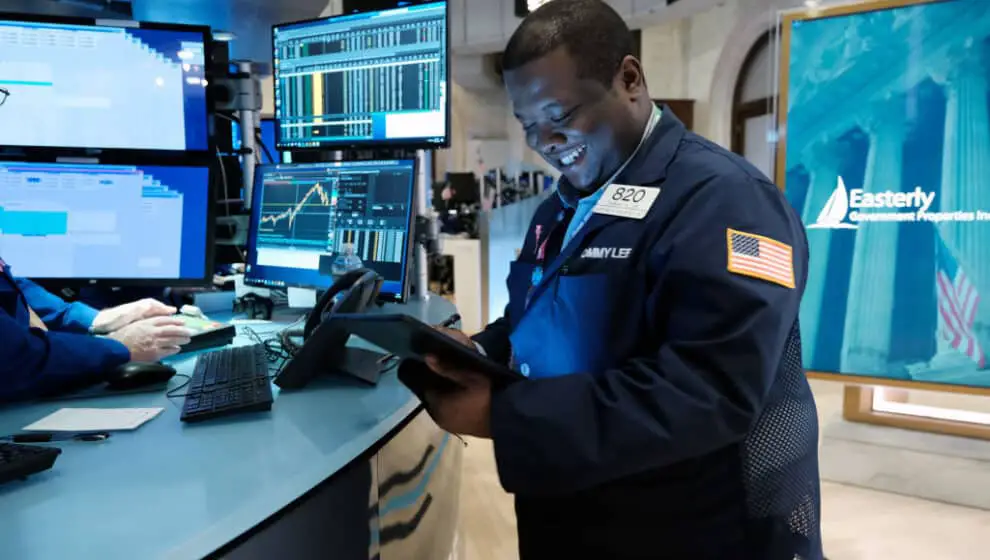Economists are stumped by the current state of the economy—and the stock market is not really sure how to behave.
Key Details
- Jobs are plentiful, hiring is up, and core growth indicators are strong—and yet the economy continues to be dogged by recession fears and the reality of entrenched inflation.
- Most key economic numbers are all strong right now—10.7 million new jobs were created in October, consumer spending is rising month-to-month, and manufacturing has grown consistently for the past 29 months.
- With 8.3% inflation continuing to dog the federal government’s efforts to slow it down, the economic gains are still being undermined and hurting the bottom lines of Americans, especially younger ones.
- Other key economic indicators are suffering too, as housing investment dropped 26% between July and September while construction on new housing has dropped 8% in the last year.
- “The U.S. economy will likely weaken in the October-December quarter and slide into recession in the first half of 2023,” says Fortune.
Why it is Important
With the Federal Reserve having raised interest rates again on Wednesday, the mixed messages on the economy are likely to encourage consumers to hold back on spending and to dissuade companies from investing in growth.
Yet typically when the nation is heading into a recession, job prospects look grim and demand for goods is sinking. While economic growth, as measured by GDP, has not been growing as rapidly as it was a year ago, the latest figure of 2.6% does not square with an economy going into a recession.
Though higher prices have reduced consumers’ spending power, and the federal relief checks have been spent, Americans have kept buying.
Still-rising interest rates and concerns about inflation have started to reduce consumer spending, as talk of a recession dominates the news.
“Inflation topped the list of concerns for young Americans, just as it has for months in polls of all demographics. Inflation was the only issue listed that received double-digit support at 24% when asked what the most important problem facing the country is,” says CNBC.
With 46% of Americans saying their financial situations are poor, the negative indicators suggest that it will be a driving issue as voters return to the polls next week.
“Many Americans are gloomy about the outlook for the economy and their own finances—encouraging news for Republicans who hope to regain control of Congress and ominous news for President Joe Biden’s congressional Democrats,” says Fortune.
Notable Quote
“A full 59% of rich investors told UBS Group AG they are optimistic about the short-term outlook for the stock market … That’s up from 50% three months ago, when markets were about to turn south again after a brief rally. The investors cite strong demand for goods and services, a return to normalcy after the COVID-19 pandemic, and healthy corporate earnings for their upbeat outlook,” Bloomberg News reports.
